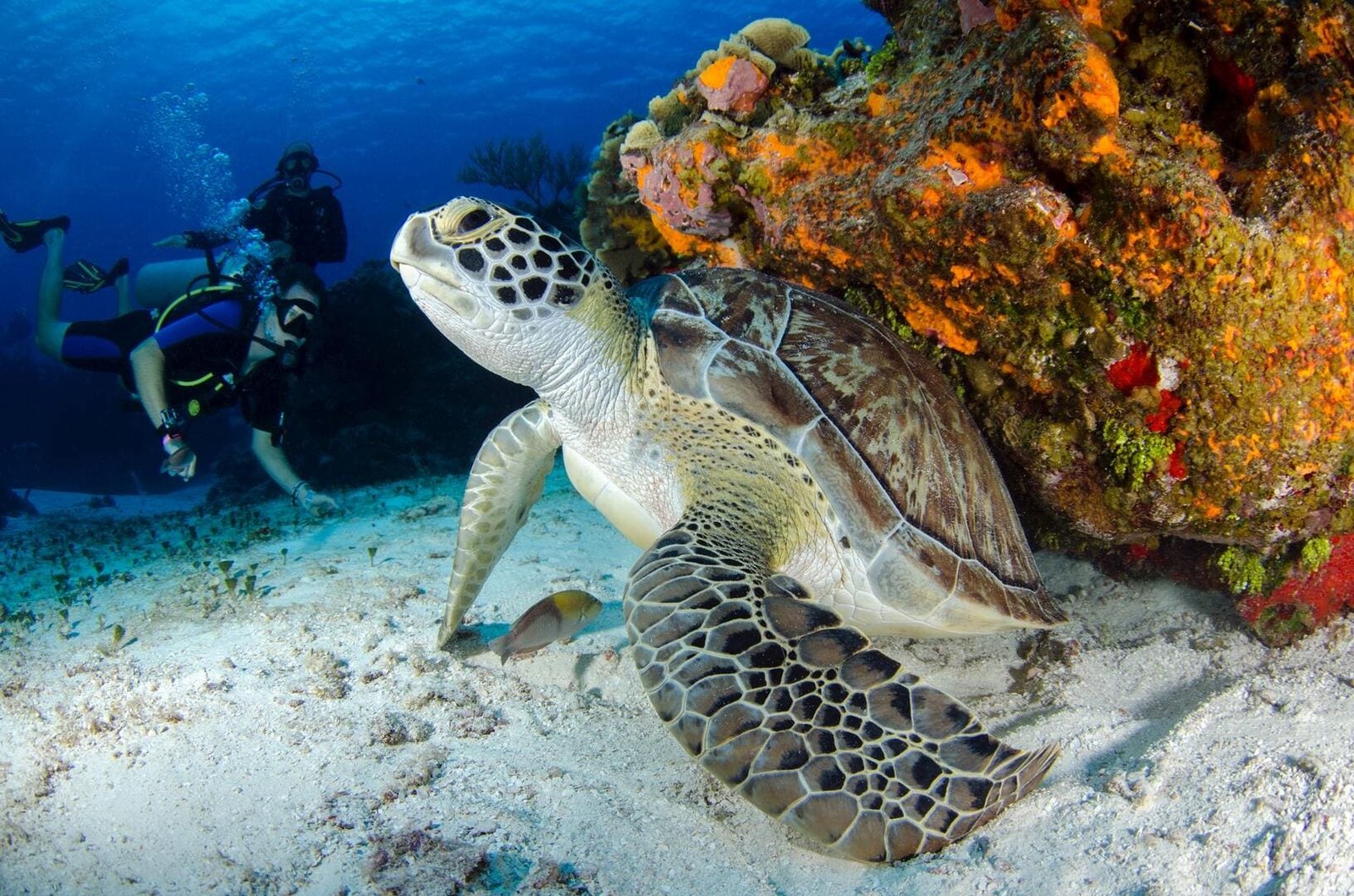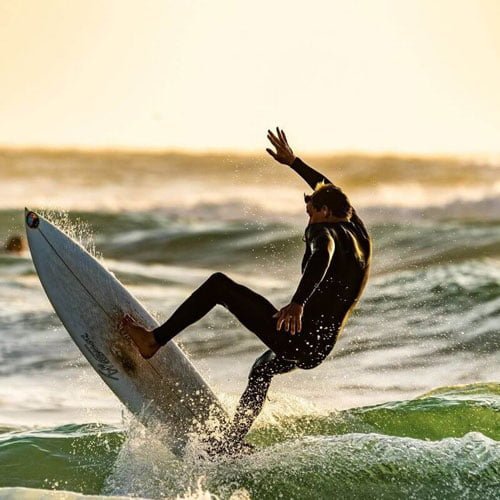Sports training sectors
Training and coaching
- Sports coach: after sports training, a sports coach can work in a club, in a gym or as self-employed.
- Fitness trainer: supporting athletes in their physical conditioning and performance.
- Specialist coach: specific disciplines such as swimming, football or athletics.
- Sports instructor: working in clubs or with young audiences.
Education and teaching
- School sports facilitator: organising sports activities for primary schools.
- Trainer in specialised centres: for future sports professionals.
Freepackers sports courses:
- ASI Level 1 surf instructor (3 months)
- PADI Divemaster dive guide (2–4 months)
Training courses and diplomas in the field of sport:
- State Sports Educator Certificates (BEES): to become a coach or sports instructor.
- STAPS (Sciences and Techniques of Physical and Sports Activities): bachelor’s, master’s, or doctorate.
- BPJEPS (Professional Certificate of Youth, Popular Education and Sport): for field-based professions.
- Diplomas in physiotherapy, osteopathy, or nutrition.
- MBA or specialised master’s degrees in sports management.
Advantages of sports training
Following a sports training course has many advantages, both for your professional career and your personal fulfilment.
- Comprehensive professional development: acquisition of technical, pedagogical and interpersonal skills sought after by the market.
- Global employability: possibility to work in different countries thanks to internationally recognised certifications.
- Career flexibility: opportunities in various sectors (tourism, education, health, businesses).
- Work–life balance: a dynamic work environment, often outdoors.
- Positive impact: direct contribution to the well-being and fulfilment of the people supported.
- Continuous training: opportunity to evolve and specialise throughout your career.
Embark on a sports training course with Real Step — we’ll support you!





